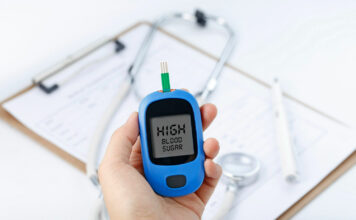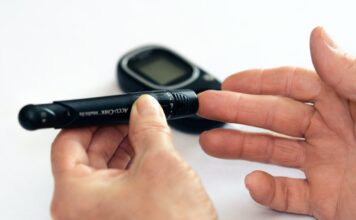Food & Recipes
Discovering Santa Clara’s Pizza Haven in the Augustine District
Santa Clara, located in the heart of California's Silicon Valley, is a vibrant city known for its technological advancements and rich cultural heritage. Nestled within this bustling city is...
4 Secrets To Healthy And Delicious Smoothies
Eating clean and healthy has grown in popularity, with more people committing to the wellness trend. And among the most marketed healthy foods today is a smoothie, which can...
What Will 24-hour fitness Austin Be Like in 100 Years?
The three levels of self-awareness are pretty much the keys to healthy living. In my opinion, a lot of what's known as "the three levels of self-aware" is that...
Smoothies
The Most Popular Mexican Candies On The Market Today
Mexico is a treasure trove of sweet treats, and its candies are second to none. From classic favorites like Lucas Limon to...

























